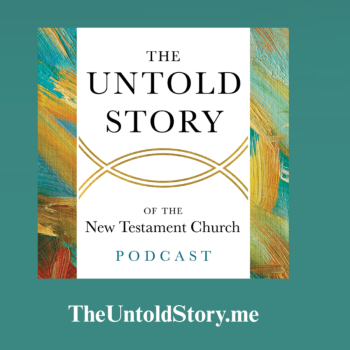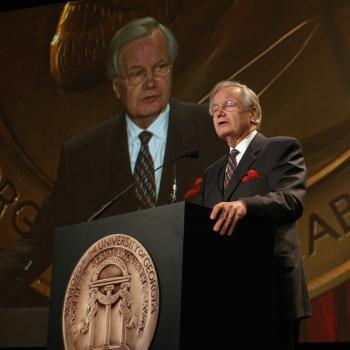Facing challenges and resolving conflicts has helped us to grow as persons. It has made for a closer and more caring marital relationship. We have learned to be sensitive to each other's feelings, to be creative in working out alternatives, to be flexible in our demands, and often just to be silently patient. As a result, our lives have been enriched with a cultural and religious diversity, and God, divested of so many limiting beliefs, has become truly the Mystery that we have learned to live with humbly.
Sadly, as yet there is no place for inter-religious marriages in the institutional Church. They are discouraged, ignored, and pushed to the margins -- this despite the fact that such marriages are on the increase in India. In Bombay alone, in 1994 10 percent of the marriages celebrated in Catholic churches involved a non-Catholic partner. This does not include those marriages not registered in Church because the Catholic partner cannot sign the form requiring a promise to baptize her/his children.
We urgently need to realize that interfaith marriages cannot be governed by the existing rules. The entire context is different. Where traditional marriage encourages a uniformity of worship, interfaith marriages have to make space for religious pluralism and work toward unity in diversity. We have to start from the life experience of couples and evolve new ways of experiencing Christ. We have to provide fresh guidelines that will consider the complex reality of these marriages. It is part of taking seriously our responsibility to provide pastoral care to such couples (can. 1063).
We need to offer counseling, and the opportunity to meet couples in stable interfaith marriages (can. 1064). We need a wedding liturgy that is a call to true evangelization, inclusive of God's presence in other religions. We need wedding vows that are respectful of all the bonds of love uniting the couple -- to each other, their families, and their children yet to come. We need to make available spiritual directors who truly know and love the Spirit in other religions. Most important, we need to welcome interfaith couples. Instead of talking to them in hushed whispers, and trying to sweep them under the carpet, let us celebrate God's gift of love to them and together search for ways of transforming it into the God-experience of a lifetime. It may be one way of making visible the presence of Christ.
This article was published in The Journal published by the Association of Interchurch Families, UK, and is reprinted with permission.
Astrid Lobo Gajiwala and her husband live in India. She holds a doctorate in medicine and has published theological reflections in books, theological journals, and other publications. She has also served as Secretary of the Archdiocesan Pastoral Council, Mumbai, and as a member of the parish council, parish Liturgical Team and core team of the Zonal Basic Christian Communities.




